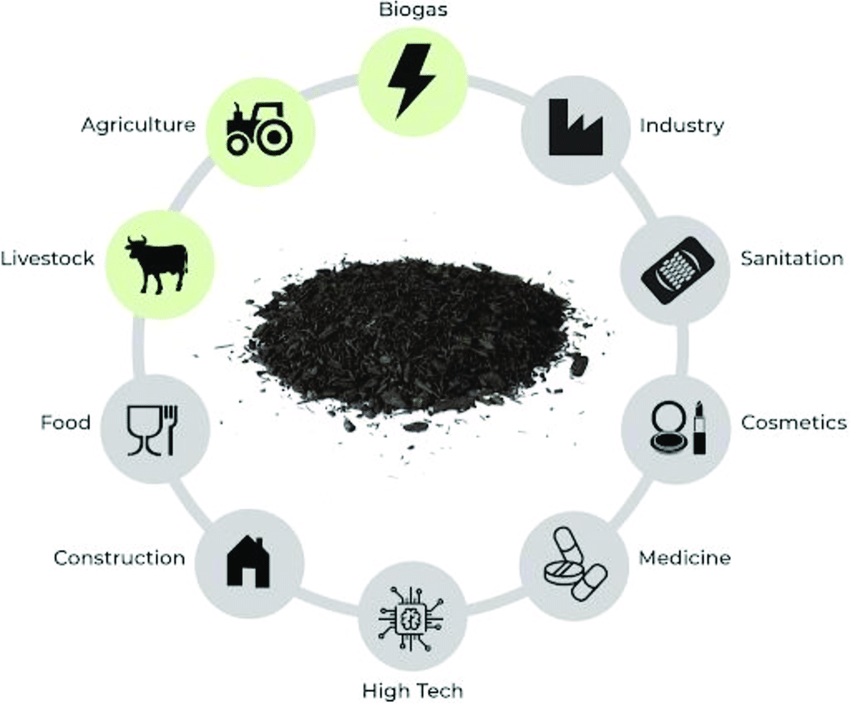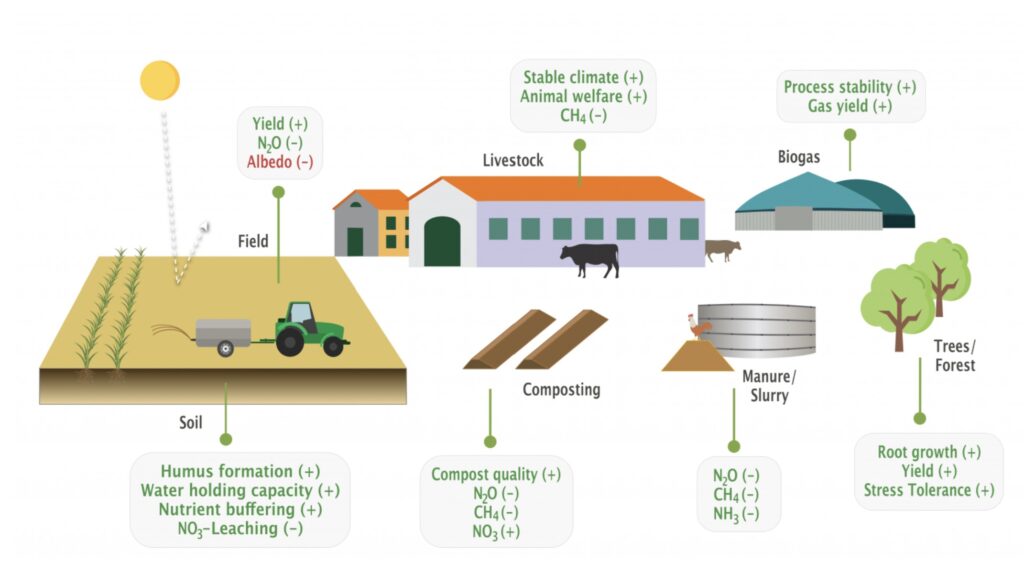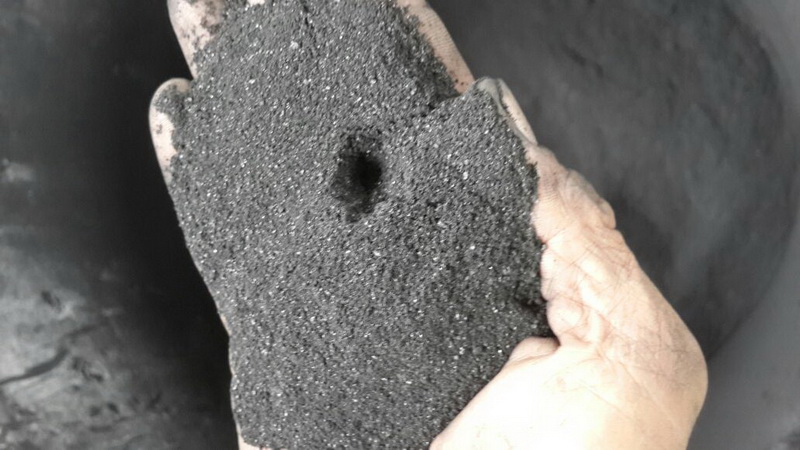Some of the biochar benefits and applications

Agriculture
Biochar can improve soil fertility, which stimulates plant growth. Healthier plants are able to consume and convert more carbon dioxide (CO2), thus improving air quality. Due to its ability to retain soil nutrients for long periods of time, biochar reduces the need for chemical fertilizers.
“14.8% uplift in vegetable performance with biochar and compost added to soil” Business Wales. Welsh Government-Nov. 17, 2022.
The calculator shows that we need 4.33 tons of biochar / acre to achieve 0.25% OM- Organic Matter-equivalent and that a 10 ton / acre application rate will achieve 0.58% OM equivalent.

Reduce CO2
“Global GHG emissions peak before 2025 in 1.5 degrees C-aligned pathways. The IPCC finds that there is a more than 50% chance that global temperature rise will reach or surpass 1.5 degrees C (2.7 degrees F) between 2021 and 2040” – World Resources Institute.
Plants naturally capture the carbon present in the atmosphere during the process of photosynthesis. At the end of their life, plants slowly decompose, and the captured carbon is returned to the atmosphere in the natural carbon cycle, called biogenic carbon. The carbonization process stabilizes the carbon and prevents it from decomposing and returning to the atmosphere. Buried in the soil or any other application, the carbon contained in biochar will remain stored for several hundred years with very little degradation. Thus, one ton of biochar can sequester between 2.5 and 3.2 tons of CO2 equivalent.

Home Gardening and Landscaping
Positive effects reported include improving plant health through neutralising acidity, providing improved water and nutrient retention (especially in sandy soils) and improved drainage and aeration. Each fragment can also provide a habitat for beneficial soil microbes. Biochar help to-
-Reduced soil compaction,
-Reduced irrigation input,
-Reduce fertilizer input, and
-Reduced fungicide input

Animal feeding
Advantages of co-feeding animals with biochar. The direct effects of adding biochar to animal feed include increased body weight and growth rate, improved microbial fermentation, pathogen reduction, and decreased enteric methane emissions. Additionally, an indirect positive impact can be generated by improving the quality of fertilisation and reducing greenhouse gas emissions, which would help to mitigate climate change.

Cement industry
The development of biochar-based concrete reduces the carbon footprint of the cement industry, which represents almost 10% of global emissions. Biochar can be used in admixtures to replace a portion of the cement in the production of concrete, while improving the mechanical properties of traditional concrete. Carbon is then stored sustainably in the concrete during the lifetime of the civil engineering work or building.
The results showed that just 2 wt% of Biochar’s particles are sufficient to increase the strength and toughness of the cement and mortar composites and, in place of the cement in the mixture, can maintain the mechanical properties equal to those of the reference samples.
Biochar is demonstrating its tremendous promise for applications in carbon neutral/negative construction materials and is contributing to the achievement of carbon neutrality targets. The incorporation of biochar derived from waste biomass in construction materials can mitigate CO2 emissions and natural resource depletion whilst improving the mechanical performance and providing value-added merits for biochar construction materials. Biochar construction materials also offer environmental and technical advantages, such as hygrothermal regulation, electromagnetic shielding, contaminant immobilisation, indoor air quality improvement, self-healing capacity, and acoustic insulation. The versatility of biochar gives biochar construction materials the potential to revolutionise the industrial manufacture of conventional construction materials and become an advocate of sustainable and green development
